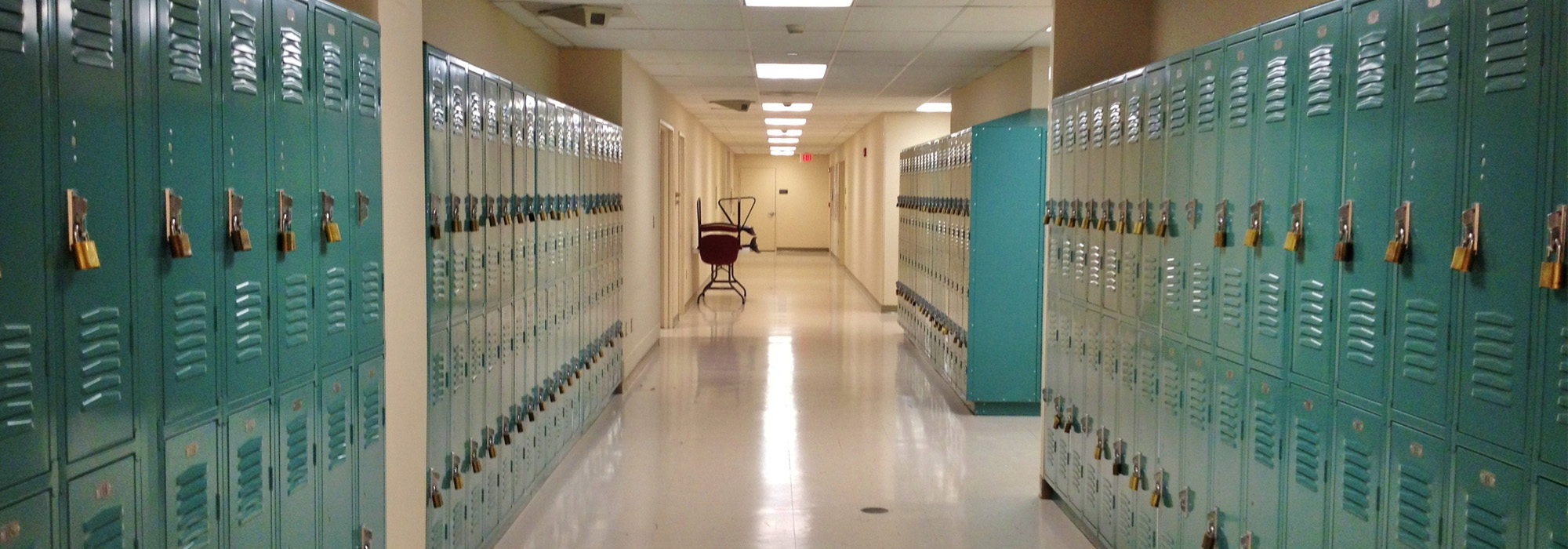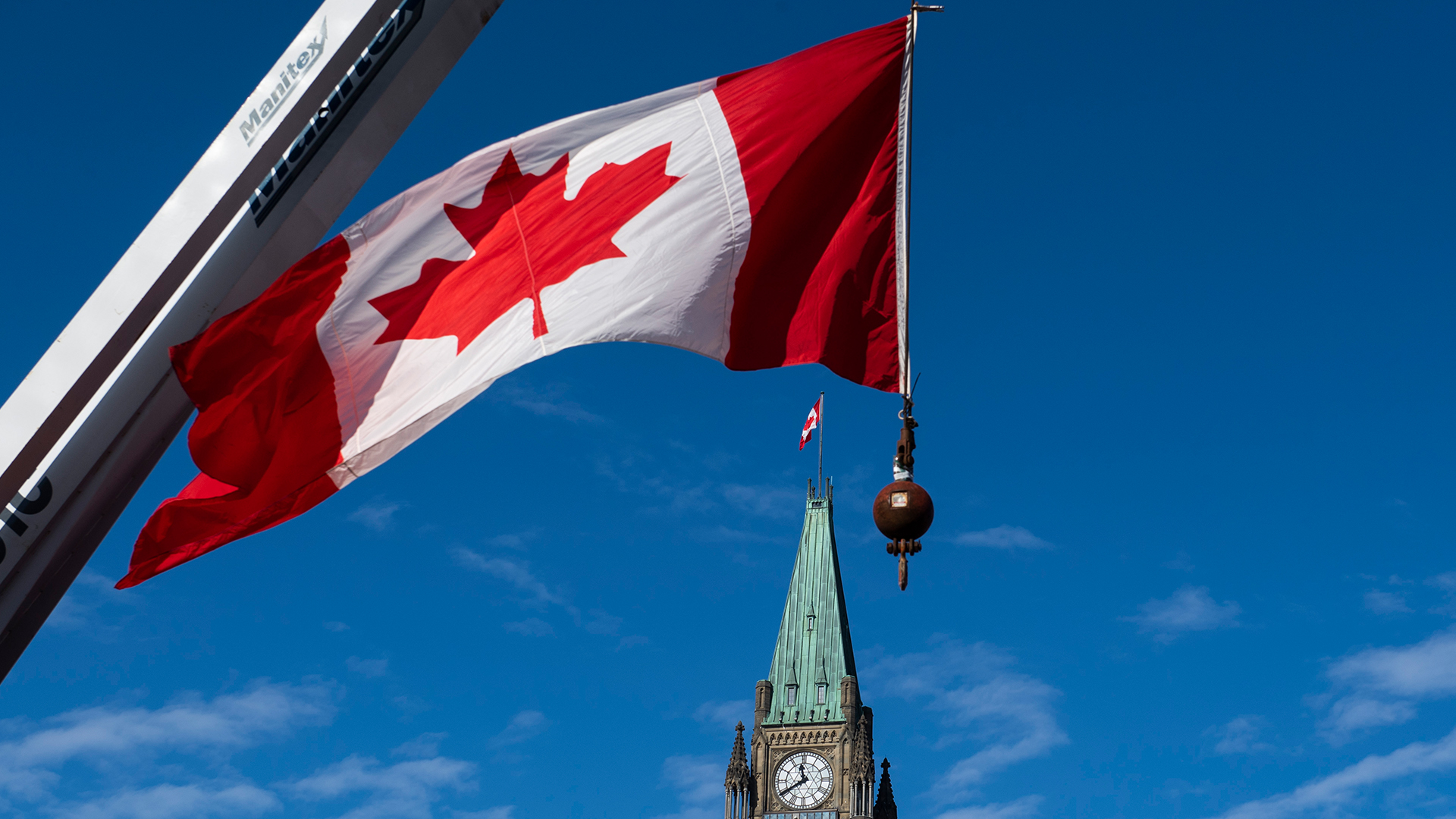
The more provincial governments clash with school boards and unions over education issues, the more parents consider alternatives to government-run schools. The common objection is that social outcomes such as tolerance and civic engagement would suffer if more students attended independent religious schools. In fact, recent research suggests the opposite is true.
The policy climate across Canada varies, of course. Ontario is quite frigid in its approach toward non-government (or independent) schools. By contrast, provinces such as British Columbia and Alberta are considerably warmer toward them. A major new national education survey released by think tank Cardus, where I am education program director, suggests that extending the options for educational diversity and encouraging independent schools to play a role within the public education system would benefit Canadian society as a whole.
Education is a public good because it plays a foundational role in preparing the next generation to live and work together. It has been common to argue that investing in a monopolistic, government-run education system is the best way to foster equality, tolerance and commonality. This survey is the fourth in a series of major studies to call into question the stereotypes about attending public and private schools in North America.
Repeated findings from Cardus research undermine the stereotype that a public school is the best possible forum for fostering civic and political engagement. Rather, the graduates of public and separate Catholic schools are less likely than evangelical Protestant, Catholic independent, and nonreligious independent school graduates to feel responsible for helping those in need. Canada has a ringside seat to the spectacle of our southern neighbours tearing themselves apart politically, seemingly having lost the dispositions/skills associated with good civic engagement. It couldn’t be more obvious why it matters to ask the question: “How well do Canada’s high schools prepare graduates for adult life?”
The stated goal of the Cardus Education Survey is to provide a “fuller picture of Canadian graduates.” Many studies of graduate outcomes provide a reductive analysis of how well education prepares one for a good job. While this matters, our report has a much broader focus. We surveyed a nationally representative sample of 1,327 graduates to examine the school effects on political involvement and religious orientation, habits of home and social ties, levels of trust in institutions, and how much graduates give of their time and resources. (Within that sample, 968 graduates were from public or separate Catholic schools, 76 were from Catholic independent schools, 88 were from Evangelical Protestant institutions, 138 were from nonreligious independent schools, and 57 were from religious home school settings.)
With respect to academic and economic measures, we found that Christian independent school graduates are just as well equipped to find work and attain credentials after high school as public school graduates, and that the graduates of evangelical Protestant schools are more socially mobile and more likely to be in managerial or professional roles.
There is no difference between graduates of private Christian schools and public school graduates on the value they place on tolerance.
Our survey also undermines a persistent critique that Christian private schools are breeding grounds for political extremism and social isolation. Graduates of evangelical Protestant schools are in fact less likely to be involved in political activities than public school graduates and demonstrate similar levels of trust and confidence in Canadian society and its institutions. The graduates of independent Catholic schools have a more diverse set of social ties, for example, being friends with people of a different religion or no religion at all, than public school graduates. What is more, the graduates of evangelical Protestant schools have social ties just as diverse as those of public school graduates. There is also no difference between graduates of private Christian schools and public school graduates on the value they place on tolerance. This evidence belies the popular myth that graduates of independent Christian schools exist in encapsulated social networks, sequestered in religious silos that are somehow at odds with Canadian common life.
On measures associated with community engagement and concern for the welfare of others, evangelical Protestant and independent Catholic graduates are more likely to volunteer for organizations above and beyond their religious congregations. Graduates of nonreligious independent, evangelical Protestant, and independent Catholic schools are more likely to give blood, to donate to charity, and to report that they feel responsible for the welfare of others than are public school graduates. For the long-term health of our civic life, it would therefore seem very unwise to ignore the practice of independent Christian schools, which appear to be making a great contribution to the formation of civic virtue and “love of neighbour” in their graduates.
There remains broad consensus that public education in Canada should train graduates to be valuable contributors to the economy, to value lifelong learning, be politically informed and civically engaged, and be peaceful, honest and fair adults capable of contributing to a liberal pluralist society. Historically, these are the virtues associated with the foundation of liberal education in Canada. To modern sensibilities, “public education” is often synonymous with “government-run” schools. This was not the assumption of Canada’s founders, who enshrined in the Canadian Constitution the right to denominational schooling; nor is it actually the case in contemporary Canada. In British Columbia and Alberta, funded, nongovernment schools are considered part of the provincial system of education. The strength of Canada’s education system is that it rests on a foundation designed to respect local provincial autonomy and protect national religious diversity. This is exactly the kind of balance between local particularities and national requirements required to handle the diversity of our modern context, and it rests upon the ability to guarantee genuine diversity in the education system. Even so, in all provinces far more Canadians are educated in the public system than in the independent system, with figures ranging from 87.3 percent in Quebec to 98.7 percent in New Brunswick, according to a 2015 study.
It is necessary to deal at this point with the criticism that such findings might well be explained by the socio-economic status of the family. We anticipated this. To account for the socioeconomic backgrounds of the respondents, we primarily rely on controls for parent educational attainment and family structure. We also include variables that are related to socio-economic status, including parent civic involvement and the extent that parents push the respondent academically, so we have isolated school effects as much as possible.
But this not to deny that socio-economic background might be significant for the formation and creation of social capital; nor should we be naïve about the capacity of public schooling to socially segregate students along lines of race, class and religion. Further robust research is clearly needed into the relationship of home, school, and religious community (where relevant). Encouraging diversity at a systems level means taking seriously the vulnerabilities of all school sectors to structural inequality, and investing in the structural and pedagogical practices that build character, civic engagement and concern for the welfare of others.
The key finding of the survey is that private education does not, as some stereotypes might have it, create a secluded, privileged class that is largely uninterested in the common good. In fact, our 2016 survey found the opposite to be true for nongovernment schools, confirming the findings of our previous Canadian survey in 2012. If one were to examine the data for Christian private schools specifically, the survey would show their graduates meet or exceed all aims of public education across Canada. This is an argument for increasing diversity in Canada’s education system, to the benefit of our public life.
Photo: Lissandra Melo / Shutterstock.com
Do you have something to say about the article you just read? Be part of the Policy Options discussion, and send in your own submission. Here is a link on how to do it. | Souhaitez-vous réagir à cet article ? Joignez-vous aux débats d’Options politiques et soumettez-nous votre texte en suivant ces directives.







